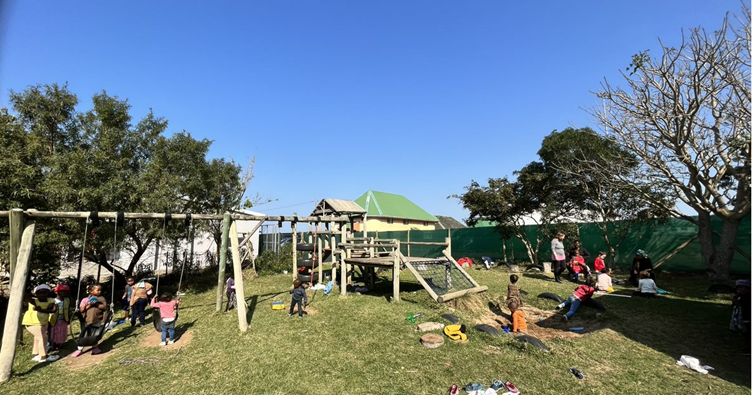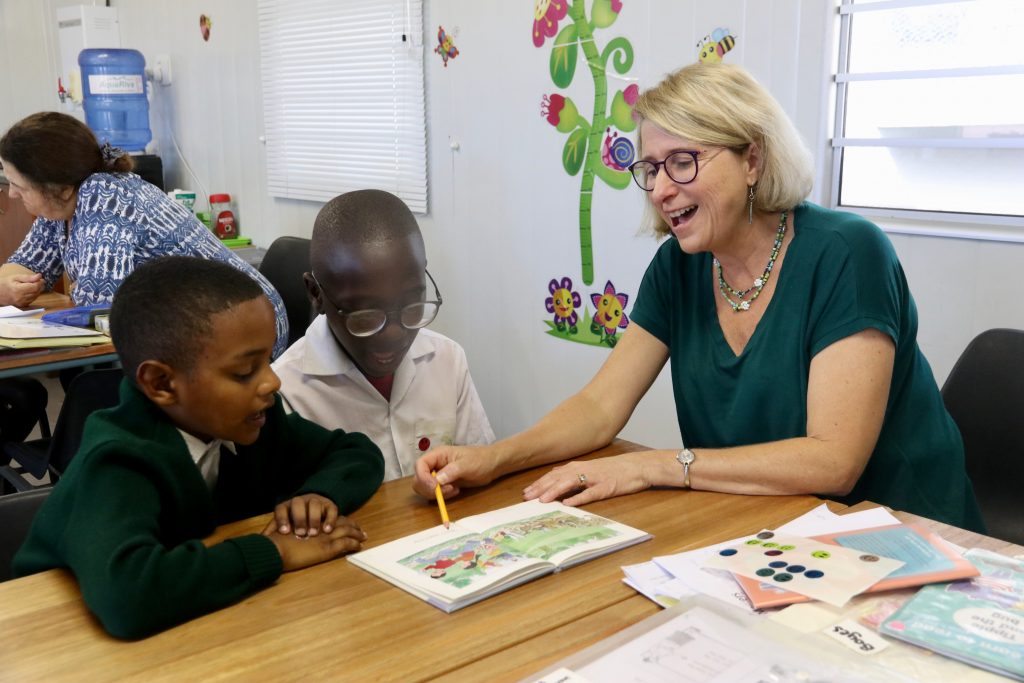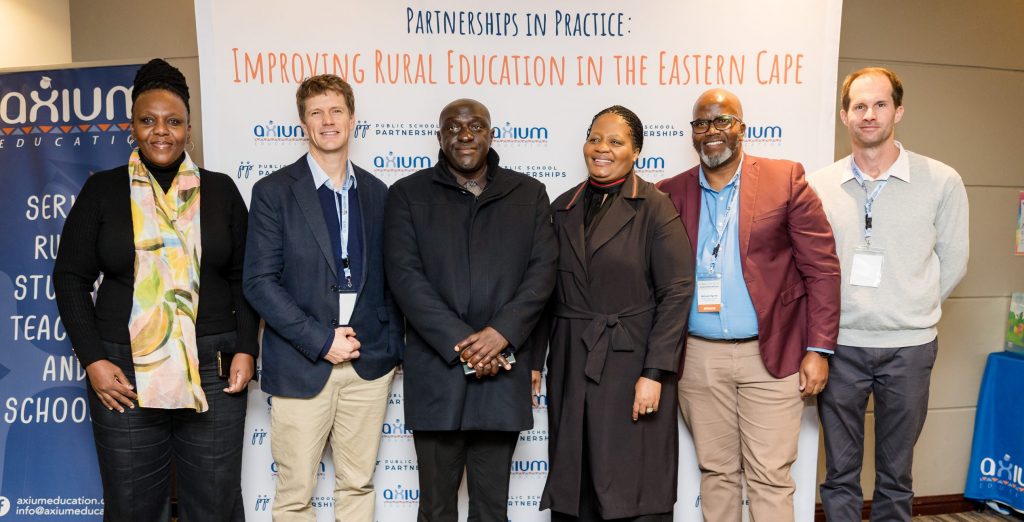Talking about sex, sexual development, sexual behaviours and many related topics is a difficult topic for many people to deal with, in lots of cultures and countries around the globe, and here in the deeply rural Eastern Cape, it is no different. It is not a topic that high school learners and teachers explore, and it is not even a topic that is usually explored amongst parents and children – not even between mothers and teenage daughters, even when the daughter is already pregnant! This creates or compounds a myriad of societal challenges, but in an early childhood development context, it carries the potential to create a very delicate situation for teachers to manage.
For all people, sexual development begins at birth and continues through different stages thereafter. While aspects are influenced by children’s development, social relationships, cultural background, and personal and family experiences, there are generally accepted sexual development stages that people will go through at different age stages, and we should expect this of our preschool learners just as we expect and anticipate their development in the areas of cognitive, language, motor, social and emotional functioning.
It is essential for our ECD practitioners and preschool teachers to learn about sexual development and behaviour, and how to manage it as another normal developmental area for their learners. They need to learn the difference between normal sexual development behaviours and behaviours that may indicate a problem, because just like any other area of development where there are what we consider “normal indicators” and indicators that suggest professional input may be required, there are also guidelines from professionals that can be used to help understand what is normal sexual development behaviour and what behaviours may indicate red flags and therefore should be further investigated.
By neglecting this area of our teachers’ learning, we have done them a disservice. Last year we had an issue in our preschool that was ignored by our teachers, as they were totally unequipped to deal with it. This lead to our teachers unwittingly causing hurt to learners and parents, going so far as one learner being withdrawn from the school, while also leaving another individual learner to continue being potentially at risk. All the while, gossip was rife, but no real conversations were being had as the topic was “inappropriate”.
When the matter eventually reached management attention, various steps were taken to mitigate and minimise further damage. Details about observed behaviours were documented from the teachers and various professionals were consulted, including a doctor, occupational therapist and an educational psychologist, in order to better understand the observed behaviours and their place in a child’s development.
Advice was also sought as to how to approach the parents of the children who had engaged in these behaviours, as well as all the other parents too. A meeting was called with all the parents, to which the consulted occupational therapist was invited, and she addressed the parents and explained to them about normal sexual development and behaviour for preschool age learners. Following the meeting, which was not particularly engaging (we didn’t really expect it to be!), we also hired a teaching assistant to ensure that all the children are monitored by an adult at all times, to ensure the safety of the school environment, and everything settled down immediately. Unfortunately, the child who was withdrawn did not return, but it turned out that they would have been leaving in a few weeks anyway, as their parent was starting a new job elsewhere.
It is easier to look back in hindsight once the matter has eventually been concluded, but it never sits right when you realise the potential risks and the danger to the little lives entrusted to our care each day. Learning about this topic cannot be done without talking, not matter how awkward and sensitively people feel the topic. We’ve started the process with what we did last year but it can’t be left there as there is still much more to be learnt. Let’s talk about sex, for the sake of our babies.



